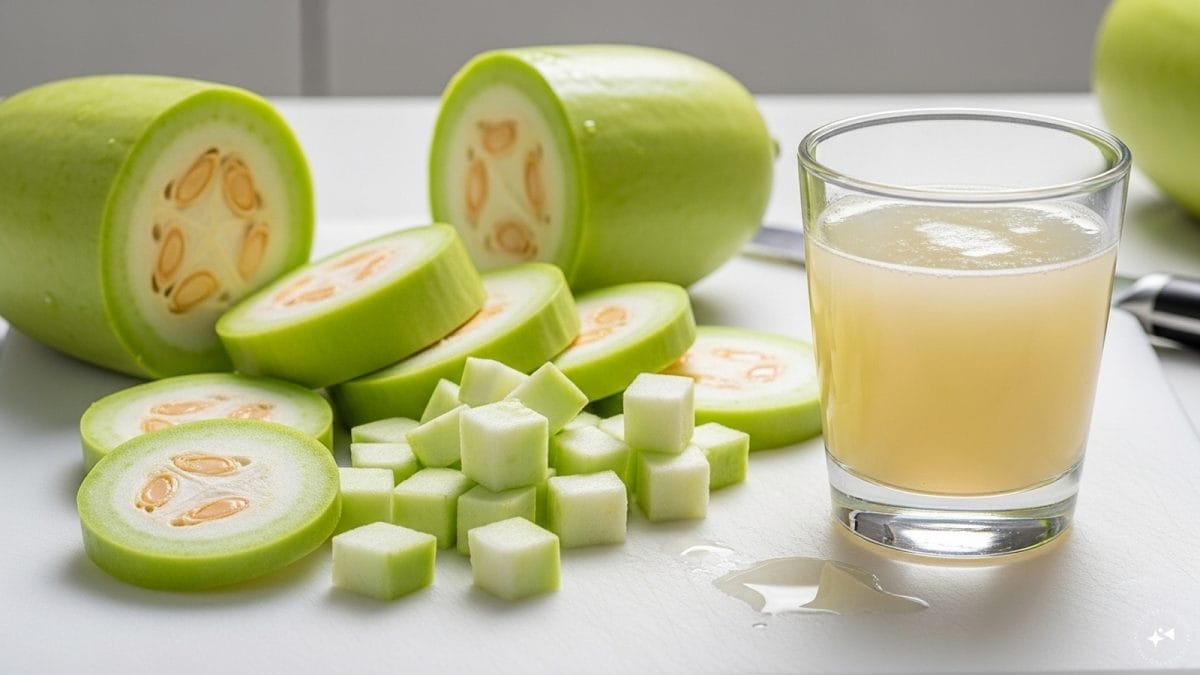
Bottle gourd, known for its high water content and nutritional value, is widely consumed in curries and juices. While it offers several health benefits, it’s not suitable for everyone. In certain cases, bottle gourd can actually worsen existing health conditions. Here’s a look at who should avoid it and the reason behind it. (AI Generated)

1. Risk to Foetal Health: Some studies suggest that bottle gourd may pose risks to pregnant women and their unborn babies. Certain toxins found in bottle gourd have been linked to adverse effects on foetal development. For this reason, it is strongly advised that pregnant women consult a medical professional before including bottle gourd in their diet. (AI Generated)
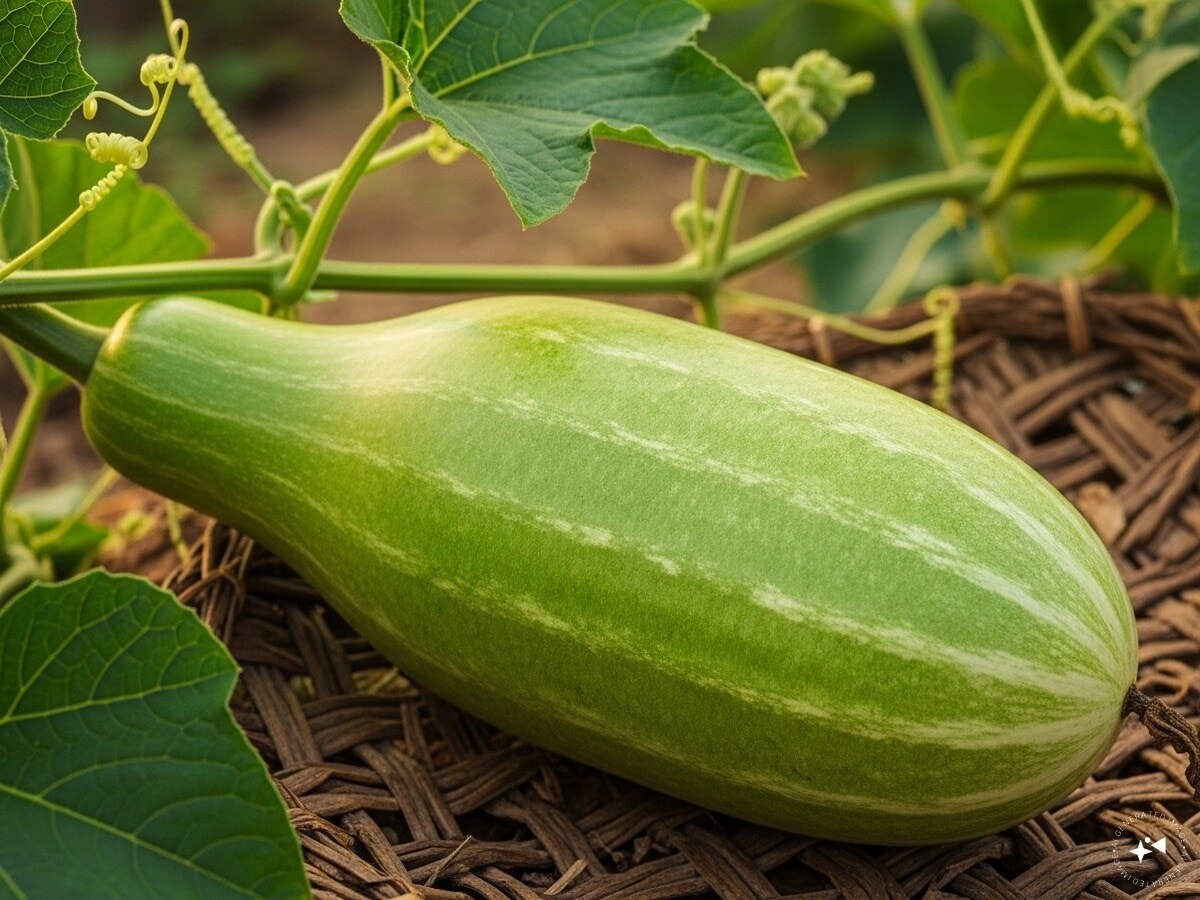
2. Can Lower Blood Pressure Further: Bottle gourd naturally helps reduce blood pressure. While this is beneficial for those with hypertension, it can be problematic for individuals with low blood pressure. Overconsumption may lead to headaches, fatigue, and dizziness. Those with hypotension should consume it in moderation or avoid it altogether. (AI Generated)
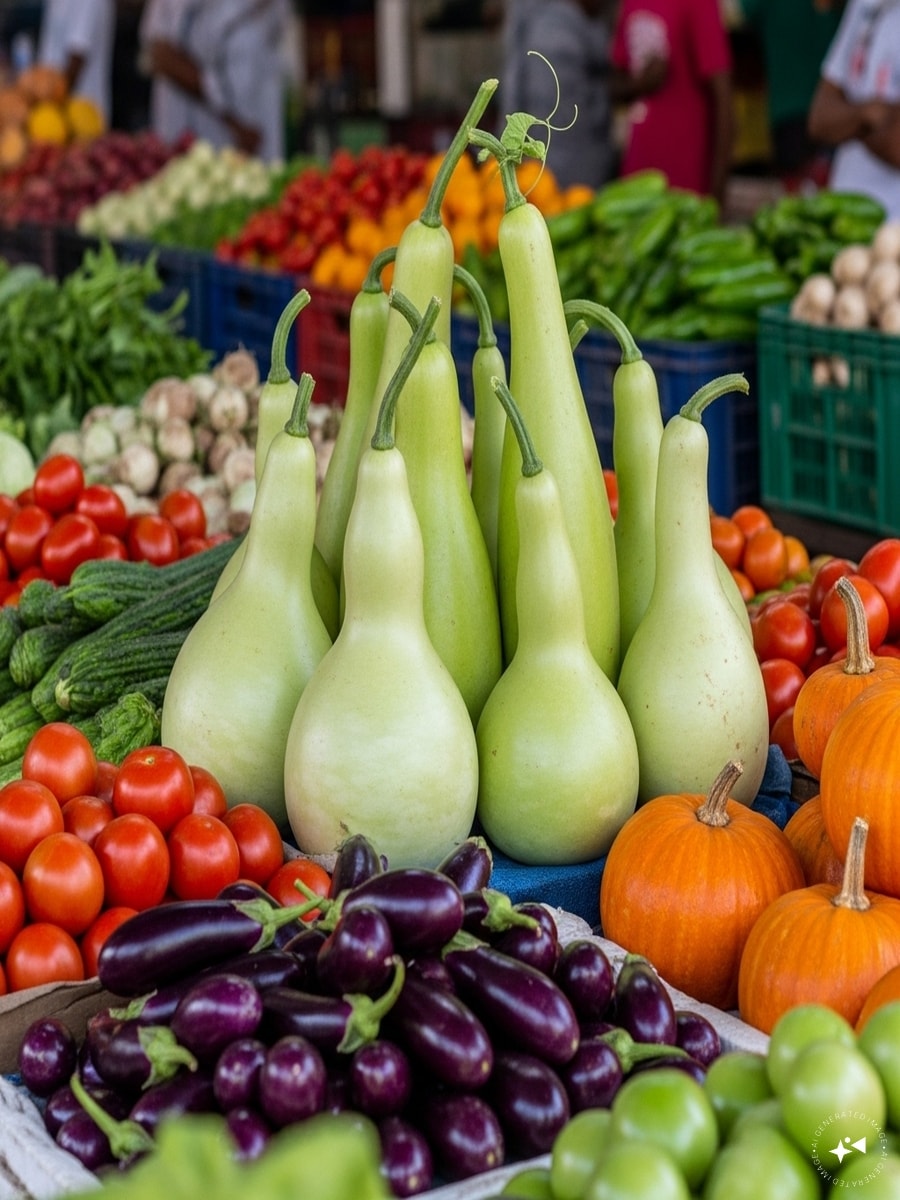
3. Not Kidney-Friendly: People with kidney-related conditions should be cautious. Bottle gourd is rich in potassium, which the kidneys may struggle to filter efficiently in such individuals. Excessive potassium can increase the burden on the kidneys and potentially impair their function. (AI Generated)
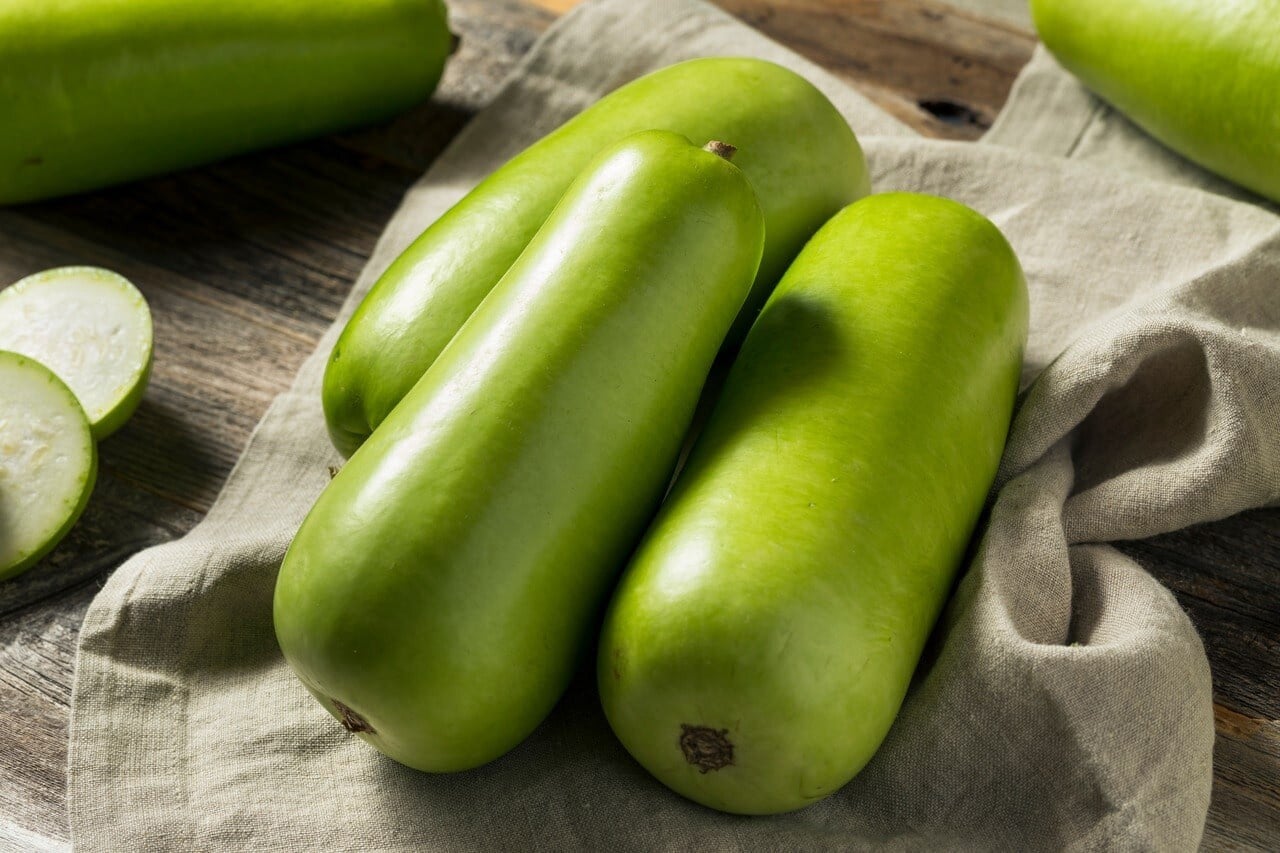
4. Worsens Digestive Issues: Those with digestive problems such as bloating, gas, or indigestion should limit their intake, especially in the evening. The high fibre and water content in bottle gourd can slow digestion, which might aggravate existing gastrointestinal issues. It’s advisable to pair bottle gourd with other easily digestible vegetables in curries to aid digestion. Those with ongoing health concerns should consult a doctor before making dietary changes. (AI Generated)

5. Be Cautious with Bottle Gourd Juice: While bottle gourd juice is popular for its health benefits, drinking juice made from bitter bottle gourd can be dangerous. Bitter-tasting gourd may contain toxic compounds that can lead to severe abdominal pain, vomiting, diarrhoea, and, in rare cases, fatal gastroenteritis or food poisoning. So, avoid bitter bottle gourd juice and even, bottled juices sold in the market, as they may contain harmful bacteria. Always prepare fresh juice at home, and avoid using bitter gourds. Tasting a small raw piece before cooking or juicing can help detect bitterness. (AI Generated)
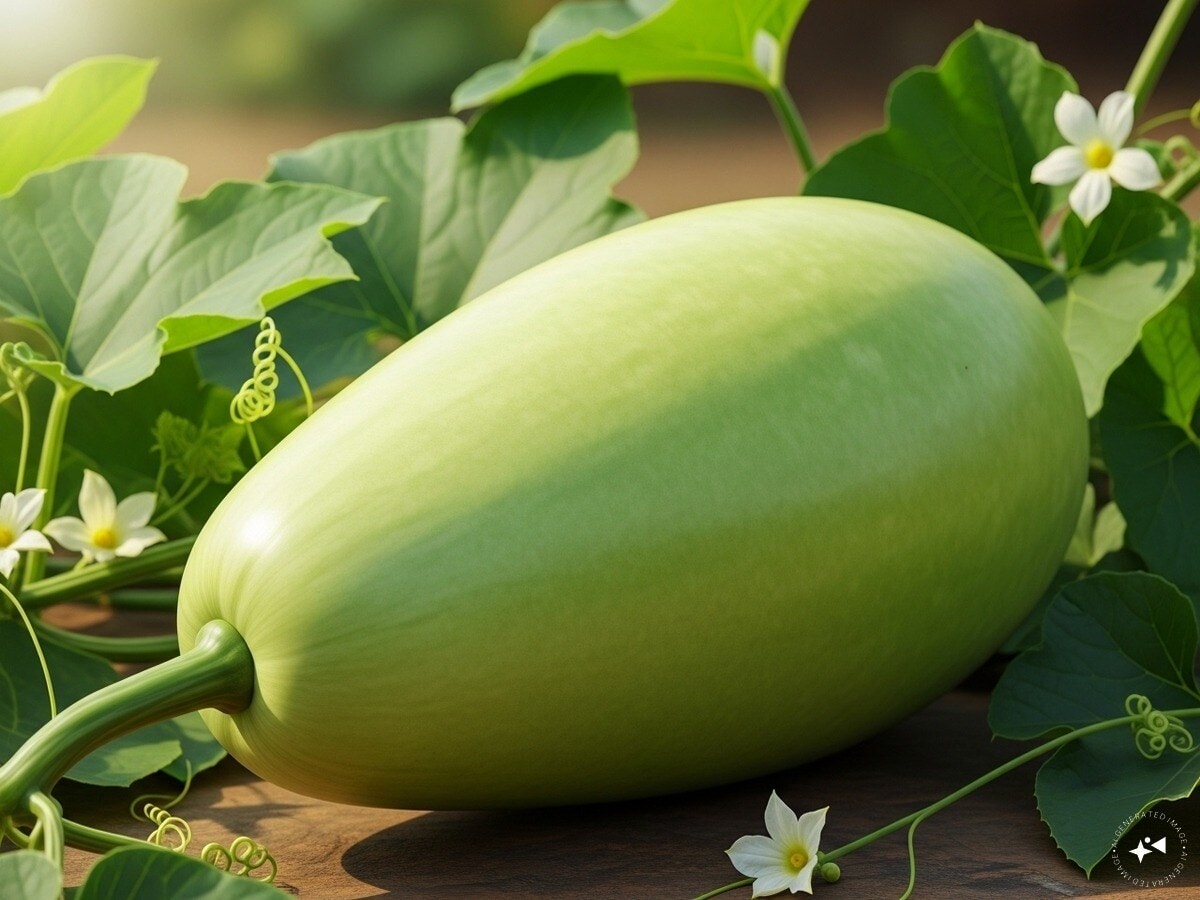
6. The Danger of Cucurbitacin: The bitterness in bottle gourd is often caused by a toxic compound called cucurbitacin, which is harmful to human health. It can cause symptoms such as vomiting, diarrhoea, and severe stomach cramps. In extreme cases, it may lead to food poisoning. (AI Generated)

To prevent this always taste a small piece of raw gourd before cooking or juicing. Also, remember to discard any bitter-tasting gourd immediately.

While bottle gourd can be a healthy addition to your diet, it’s important to consume it mindfully. If you have any underlying health issues, especially related to blood pressure, kidneys, or digestion, speak with a healthcare professional before including it regularly in your meals. (AI Generated)
Go to Source
Author: News18

